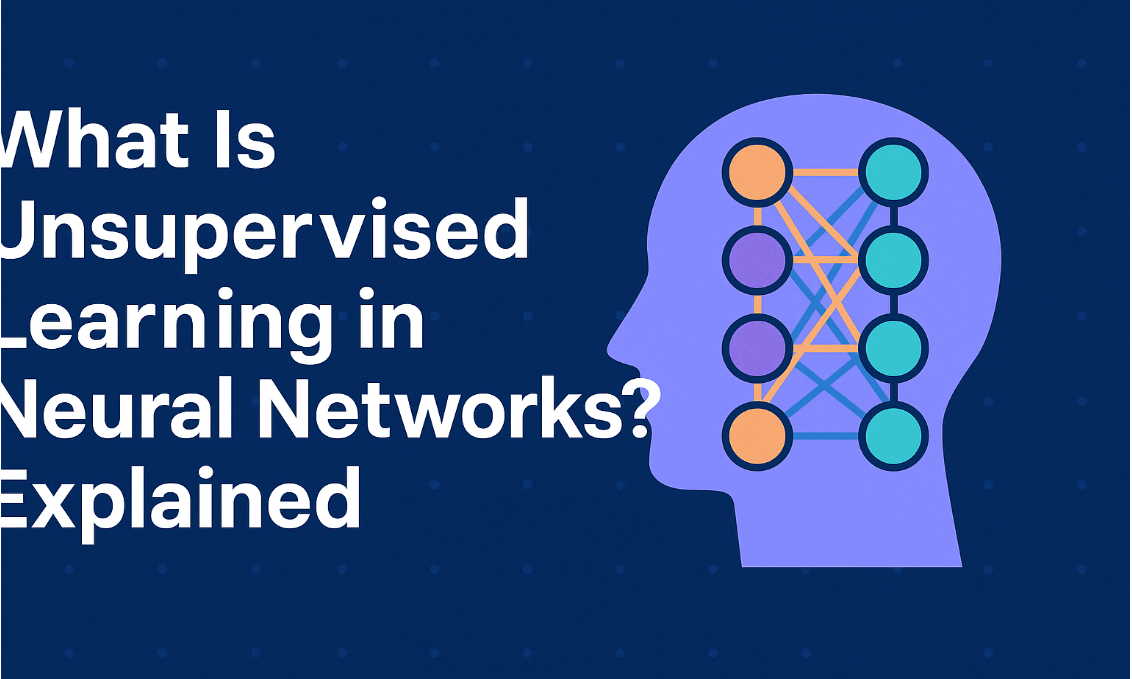
From Conventional AI to Computational Intelligence: The Evolution of Smart Systems
Introduction
Artificial Intelligence (AI) has undergone significant transformations over the years, evolving from conventional AI systems to more dynamic and adaptive computational intelligence models. This shift has led to improved efficiency in decision-making, automation, and learning processes. This article delves deep into the journey from Conventional AI to Computational Intelligence, highlighting key differences, historical progress, applications, advantages, and challenges.
Table of Contents
Introduction
What is Conventional AI?
The Evolution of AI: From Conventional to Computational Intelligence
Key Differences Between Conventional AI and Computational Intelligence
Advantages of Computational Intelligence
Applications of Computational Intelligence
Courses and Learning Resources
Challenges and Limitations
Problem-Solving Example
Conclusion
FAQs
What is Conventional AI?
Definition & Overview
Conventional AI, also known as Symbolic AI or Classical AI, is based on predefined rules and logic to process information and make decisions. It relies heavily on structured data, rule-based programming, and expert systems.
Examples of Conventional AI
Expert systems (e.g., MYCIN for medical diagnosis)
Decision trees
Logic-based programming (e.g., Prolog)
Knowledge-based systems
Limitations of Conventional AI
Requires large datasets for accuracy
Struggles with handling uncertainty and dynamic environments
Rigid and lacks adaptability
High computational costs
The Evolution of AI: From Conventional to Computational Intelligence
Computational Intelligence (CI) emerged as an alternative to traditional AI approaches, incorporating adaptive and learning-based models inspired by human cognition and biological processes.
Key Milestones in AI Evolution
1950s-1970s: Development of rule-based expert systems
1980s: Introduction of machine learning concepts
1990s: Rise of artificial neural networks (ANNs)
2000s-Present: Deep learning, reinforcement learning, and hybrid AI models
Key Differences Between Conventional AI and Computational Intelligence
| Feature | Conventional AI | Computational Intelligence |
|---|---|---|
| Approach | Rule-based | Learning-based |
| Adaptability | Low | High |
| Handling Uncertainty | Poor | Efficient |
| Examples | Expert systems, logic-based AI | Neural networks, genetic algorithms |
Advantages of Computational Intelligence
Self-learning: Improves over time with experience
Robustness: Handles noisy or incomplete data efficiently
Parallel Processing: Can process large datasets faster
Better Decision Making: Enhances predictive analytics and automation
Applications of Computational Intelligence
Healthcare: Disease prediction and drug discovery
Finance: Algorithmic trading and fraud detection
Robotics: Adaptive learning in autonomous robots
Cybersecurity: Threat detection and mitigation
Natural Language Processing (NLP): Chatbots and virtual assistants
Courses and Learning Resources
Deep Learning Specialization (Coursera - Andrew Ng)
Machine Learning (edX - HarvardX)
Artificial Intelligence: Principles and Techniques (Stanford Online)
Neural Networks and Deep Learning (Udacity)
Challenges and Limitations
High computational requirements
Interpretability issues (black-box problem)
Ethical concerns (bias and fairness)
Data privacy challenges
Problem-Solving Example: AI in Predictive Healthcare
Problem: Predicting patient disease risk based on historical medical data.
Solution:
Collect patient data (e.g., age, lifestyle, genetics)
Use machine learning models (e.g., neural networks) to analyze trends
Train the system on past medical cases
Predict future disease risks and suggest preventive measures
Result:
Improved early diagnosis
Better resource allocation in hospitals
Reduced medical costs
Conclusion
The shift from Conventional AI to Computational Intelligence has revolutionized the way machines think and learn. While conventional AI relies on pre-set rules, computational intelligence leverages learning-based models, making it more efficient, adaptable, and intelligent. With applications across industries, this evolution is shaping the future of automation, healthcare, finance, and technology.
What are your thoughts on computational intelligence? Drop a comment below!
FAQs
Q1: What is the main difference between Conventional AI and Computational Intelligence?
A: Conventional AI follows predefined rules, while Computational Intelligence adapts and learns from data dynamically.
Q2: What are some real-world applications of Computational Intelligence?
A: It is used in healthcare, finance, cybersecurity, robotics, and NLP.
Q3: How can I start learning Computational Intelligence?
A: Start with online courses like Coursera’s Deep Learning Specialization and Stanford’s AI principles course.
Q4: What are the limitations of Computational Intelligence?
A: It requires high computational power, can suffer from interpretability issues, and raises ethical concerns.
Q5: Will Computational Intelligence replace traditional AI completely?
A: Not entirely, but it will enhance AI’s capabilities and be more commonly used in real-world applications.








